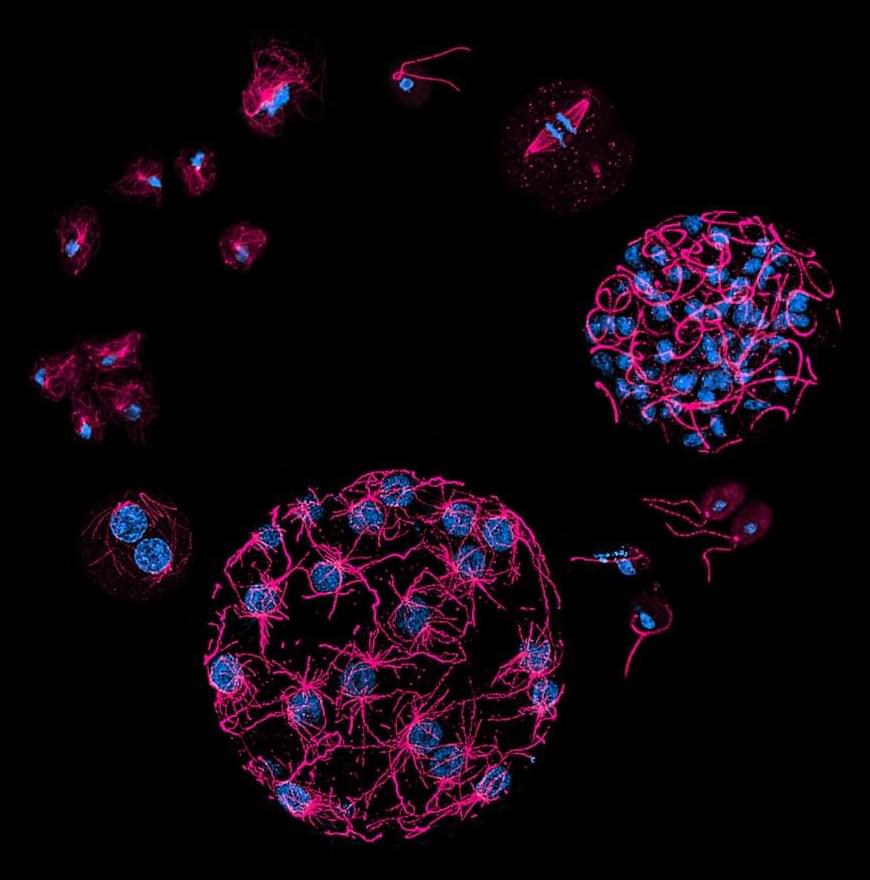Are hormones the key to slowing the aging process?


Join our LONGEVITY and ANTI-AGING Skool Community: https://www.skool.com/youthspan-society-9710/
Timestamps:
00:00 Intro.
00:41 DNA damage and aging.
01:37 Why bowhead whales live so long.
03:13 Cold shock proteins and lifespan.
04:43 Body temperature and longevity.
06:50 Acute cold exposure benefits.
08:10 Takeaway.
100 Health Biomarkers Ranked: https://youtu.be/SgKp5mm0ALI?si=M7YkYo6Lelci7kOQ
Start rewinding your biological clock: https://www.siimland.co/course.
P.S. This is not professional medical advice and should not be taken as such. The creator of this video is not held accountable for your health. Consult your doctor first.

Multicellular organisms (animals, plants, humans) all have the ability to methylate the cytosine base in their DNA. This process, a type of epigenetic modification, plays an important role in conditions such as cancer and processes such as aging.
In a paper appearing in Nature Genetics, researchers discover that in more “primitive” unicellular organisms, both the adenine and the cytosine bases are methylated. This would suggest that in some ways, these unicellular organisms are more complex than their multicellular peers.
The team also found that methylation of the adenine base was, in the case of many of these unicellular organisms, vital for controlling which genes are switched on, which is important for their viability.

Not only can the drug metformin help to effectively manage type 2 diabetes, but it may also give older women a better chance of living to the grand old age of 90, according to recent research – thanks, it seems, to a variety of anti-aging effects.
Scientists in the US and Germany used data from a long-term US study of postmenopausal women. Records on a total of 438 people were picked out – half of whom took metformin to treat diabetes, and half who took a different diabetes drug, called sulfonylurea.
While there are some caveats and asterisks to the study, those in the metformin group were calculated to have a 30 percent lower risk of dying before the age of 90 than those in the sulfonylurea group.





